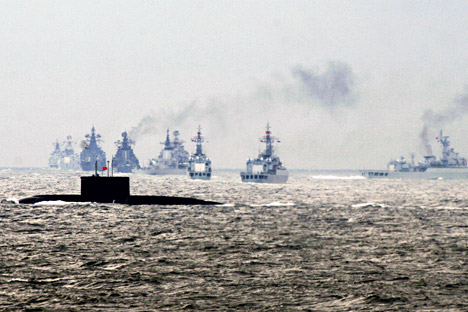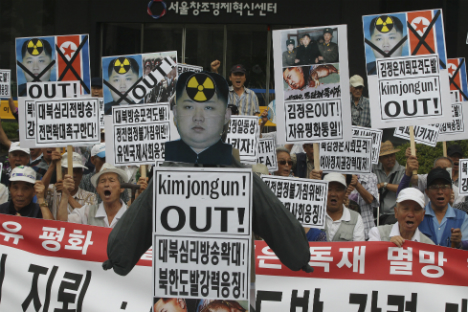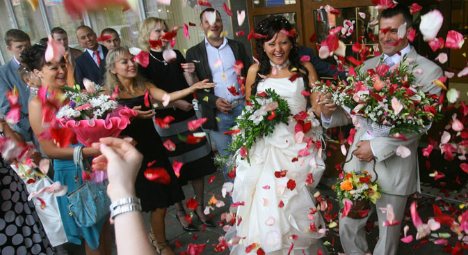Bangkok set for Russian cultural extravaganza
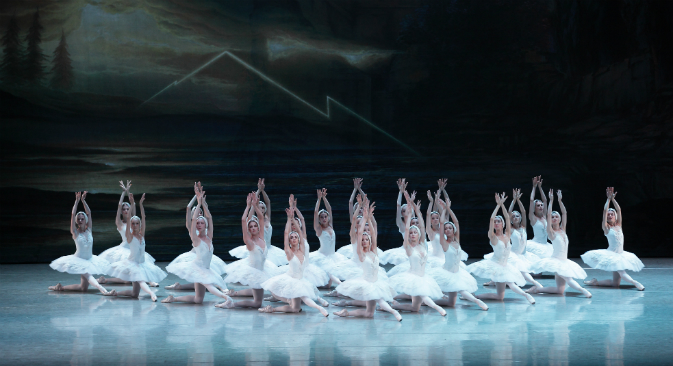
The Novosibirsk Ballet Theatre Company will have four performances of Swan Lake at The Bangkok International Festival. Source: Press photo
The Bangkok International Festival of Dance & Music was established in 1999 to strengthen Thailand’s cultural ties with the rest of the world and to improve the standard of music and dance in the country. It is now one of the largest cultural events in Asia.
There is a large Russian presence at the 2015 edition of the annual festival. J.S. Uberoi, Chairman of the Media Transasia Group, who is also the chairman of the festival, spoke to RBTH about the Russian programs that await audiences at the event.
RBTH: Mr Uberoi, what are the Russian highlights at this year’s festival?
J.S Uberoi: We have a very interesting line up from Russia this year. The Novosibirsk State Academic Opera and Ballet Theatre is staging three ballets: Swan Lake, La Bayadere (a Golden Mask-2009 production) and a Gala Performance. All the events are under the direction of Artistic Ballet Director Igor Zelensky, who is a People’s Artist of Russia and a winner of the Golden Mask, as well as a laureate of the State Prize of Novosibirsk.
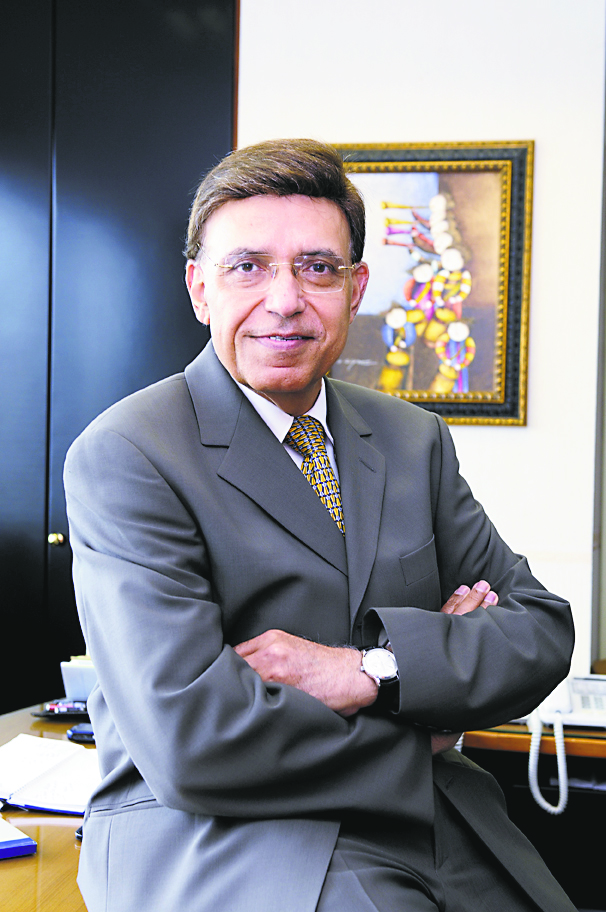 The Prima Ballerina is Anna Zharova, a People’s Artist of Russia and a winner of the Golden Mask Award. All three ballets are accompanied by the Thailand Philharmonic Orchestra under the baton of Alexander Novikov, also a Golden Mask winner at the National Theatre Festival, 2013. A fantastic collaboration is taking place between the two countries for the first time, and this is very significant.
The Prima Ballerina is Anna Zharova, a People’s Artist of Russia and a winner of the Golden Mask Award. All three ballets are accompanied by the Thailand Philharmonic Orchestra under the baton of Alexander Novikov, also a Golden Mask winner at the National Theatre Festival, 2013. A fantastic collaboration is taking place between the two countries for the first time, and this is very significant.
The other Russian company travelling with over 190 artists, singers, dancers and musicians is the Samara Academic Opera and Ballet Theatre, which is bringing two operas. The two-act Prince Igor and three-act Tosca. J.S. Uberoi. Source: personal archive
Both operas are accompanied by the Symphony Orchestra of Samara under the baton of Alexander Anissimov, Golden Mask winner for the best conductor in the 2005 Golden Mask Festival.
Both Prince Igor and Tosca are enormous productions and both productions have Yuri Alexandrov, another Golden Mask awardee as director. The art director for both is Vyacheslav Okunev, yet another Golden Mask recipient.
The productions of the Novosibirsk State Academic Opera and Ballet Theatre and Samara Academic Opera and Ballet Theatre are exactly of the same standard and quality as those staged in Russia. These are huge productions with elaborate sets. Both companies are bringing in four 40-foot containers each. So you can well imagine the scale of the production, eight container loads is huge.
Besides the operas, the Symphony Orchestra of Samara Academic Opera and Ballet Theatre will also present a Symphony Concert. The orchestra is also accompanied by a chorus and singers. The first part of the programme is devoted to Tchaikovsky’s Fantasy Overture ‘Romeo & Juliet’ and Festival Overture 1812, Opus 49, while the second part showcases Beethoven’s Symphony No.9, Opus 125.
RBTH: In your opinion, what does a Thai audience find most attractive about Russian performing arts?
J.U.: Thai audiences are attracted to the quality and the grand spectacle that Russian companies bring to the stage. Russian operas and ballets have also inspired local artistes and thus have helped improve the quality of performances in Thailand.
RBTH: This is the 17th edition of the festival. Over the years, you have already hosted many outstanding Russian troupes. Can you name a few Russian theatres and performers that you believe were interesting and captured the hearts and minds of the audience?
J.U.: Russian theatre groups that performed for the Bangkok International Festival of Dance & Music have had an enormous impact on the art and culture scene. They have delighted the audiences and inspired local artistes. Bangkok had only three ballet schools and no opera theatres. Today, inspired by productions of companies like Mariinsky Theater, Stanislavsky and Nemirovich-Danchenko Music Theatre, Helikon Opera Moscow and Kremlin Ballet, Bangkok has more than 20 ballet schools and three opera companies.
RBTH: The festival has many sponsors in Thailand, but do you have any official support from Russia for organizing performances of these theatres?
J.U.: So far in its 17 years, the festival has received no support from the Russian Government, but of course they support their own opera and ballet companies. Bear in mind that Russian companies have had a big representation at the festival almost every year.
In contrast, several European nations and the U.S. have supported the festival every time their companies have performed. For 17 years, the festival has single-handedly promoted Russian art and culture, and educated Thai audiences about the greatness of Russian art and culture. I feel it is time the Russian Government showed its appreciation by providing support.
For his personal contribution to Russia-Thailand cultural relations, the Russian Government awarded J.S. Uberoi with the Pushkin Medal (2008) and Order of Saint Nicholas (2010).
Event Calendar:
September 24, 25 - Swan Lake, The Novosibirsk Ballet
September 26 - Gala-concert, ballet, The Novosibirsk Ballet
September 28 - La Bayadere, The Novosibirks Ballet
October 2 - Prince Igor, Samara Opera Theatre
October 4 -Tosca, Samara Opera Theatre
October 5 - Symphony concert, Samara State Symphony Orchestra
All rights reserved by Rossiyskaya Gazeta.
Subscribe
to our newsletter!
Get the week's best stories straight to your inbox
